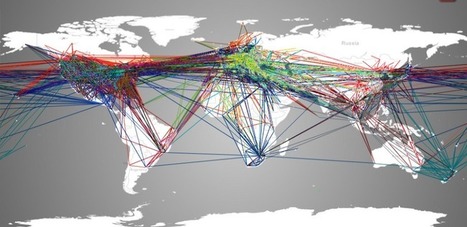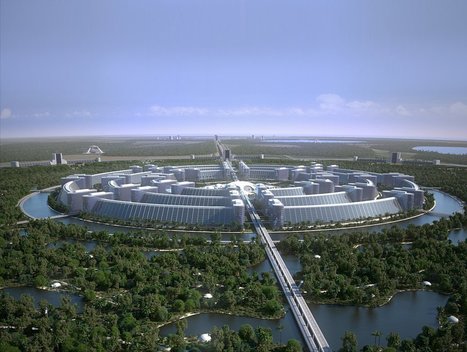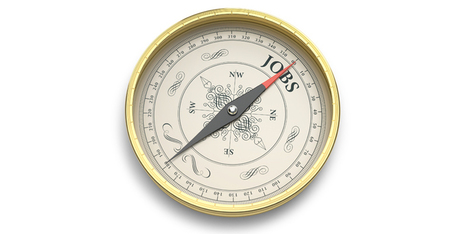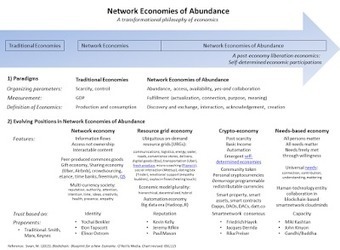There have been and will continue to be multiple big technology revolutions, but the most impactful on human society may be the one that finally builds systems with judgment and decision-making capability more sophisticated and nuanced than trained human judgment. Machine learning, sometimes called big data or artificial intelligence, is making rapid progress in complex decision-making (for instance: driving a car was thought to be too difficult for computers even five years ago). Without speculating on what is probable, it is at least possible that such systems may even be better at creativity, emotion and empathy than human beings (for instance: writing the best music, love story or creative fiction). At the very least these systems may be able to handle much more data to which we now have access and use it to make better judgments than humans with their supposed instinct, gut, holistic and integrative decision capability. Although any one software program may not do everything a human brain can do, specialized programs will likely make decisions and predictions in their domain better than most trained humans. Many, if not most, domains will be well covered by such programs. Many problems in our work environments aren’t ones the human brain evolved to solve for in the African savannah. To achieve these goals, a machine learning system does not need to exactly replicate the brain or even use brain like techniques.
 Your new post is loading...
Your new post is loading...






























